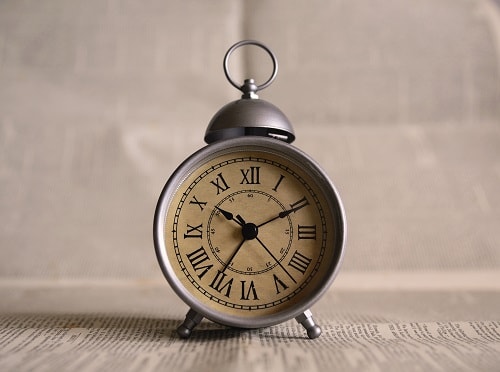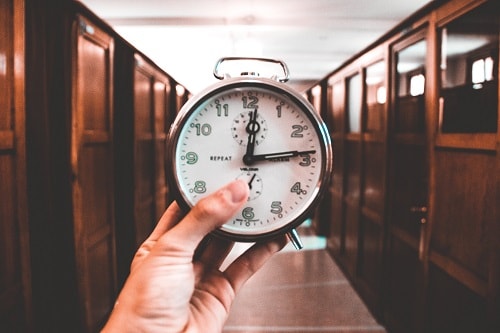
How quickly should I respond to customer emails?
 Ivi Sewart
Ivi Sewart
Today we turn to one of the fundamentals of customer service.
On receipt of an email from a customer, just how quickly should you reply?
As quickly as possible is the unhelpful answer.
But that doesn’t necessarily mean firing off a reply with undue haste. Research from inContact shows that a speedy response produces the highest satisfaction from customers surveyed. But another study by Call Centre Helper put speed as one of the lower priorities amongst customer service teams.
Why the disconnect?

It may be beneficial to delay sending a response.
A tech support company we once worked with provided an interesting insight into this issue. They found that if they replied to an email within a few hours then the customer would always come back with another question. But if they waited for 24 hours, the customer had usually found out the answer for themselves via the online help desk. Everybody seemed happy with this outcome – the client was still receiving an offer of support, whilst the company dramatically reduced the amount of time spent answering questions [this resulted in our neat EvantoDesk scheduling feature - which enables an agent to send a response but schedule it to be fired off some time later).
One hour or 24?
But is a strict time limit appropriate for all enquiries? Are all customers equal, or should some be considered more equal than others? Certainly in the case of sales enquiries a 24-hour response period feels like a hopelessly long time. Chances are your potential client will have been snapped up by a competitor long before then.
Similarly it’s not wise to leave an email from an angry customer alone for too long (see our previous post on tricky customers). They might have calmed down by the next day, but more likely they will be even crosser and will have sent a series of increasingly irate messages in the interim. A swift response of no more than a few hours is always favourable in this situation.

It’s a matter of time.
A number of businesses, particularly in the US, pride themselves on answering emails within the hour – some less than 15 minutes. However these tend to be larger chains with well resourced customer service teams. For smaller companies the answer would appear to lie in the middle ground, and that might be an advantage.
Helpful beats quick
Speedy replies do not necessarily mean helpful replies. Better to take a little time and make sure the right person is dealing with the issue in a way that is of genuine value to the customer.
One thing is certain, as technology improves expectation for ever quicker responses are likely to increase. With a smartphone in every pocket people are no longer restricted to contacting you during business hours. They could be writing with an important enquiry out of business hours and there is now an added pressure to stay abreast of such developments. You will need to make a decision as to how switched on you and your employees need to be in this new 24-hour culture.
 About the author: Ivi Sewart is the Head of Customer Service at EvantoDesk.com (simple help desk software for small and medium sized businesses). Ivana is passionate about perfecting the customer experience.
About the author: Ivi Sewart is the Head of Customer Service at EvantoDesk.com (simple help desk software for small and medium sized businesses). Ivana is passionate about perfecting the customer experience.



